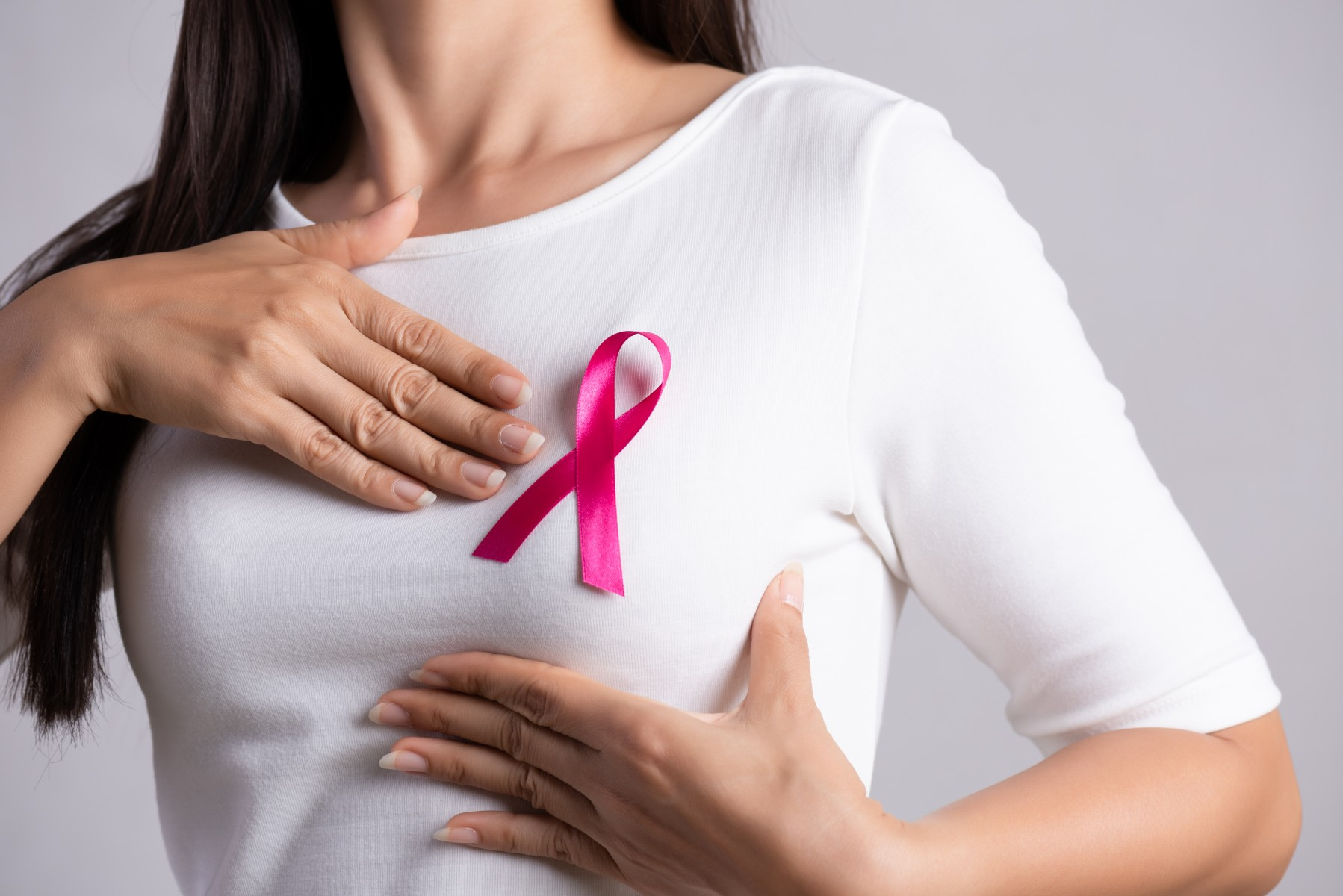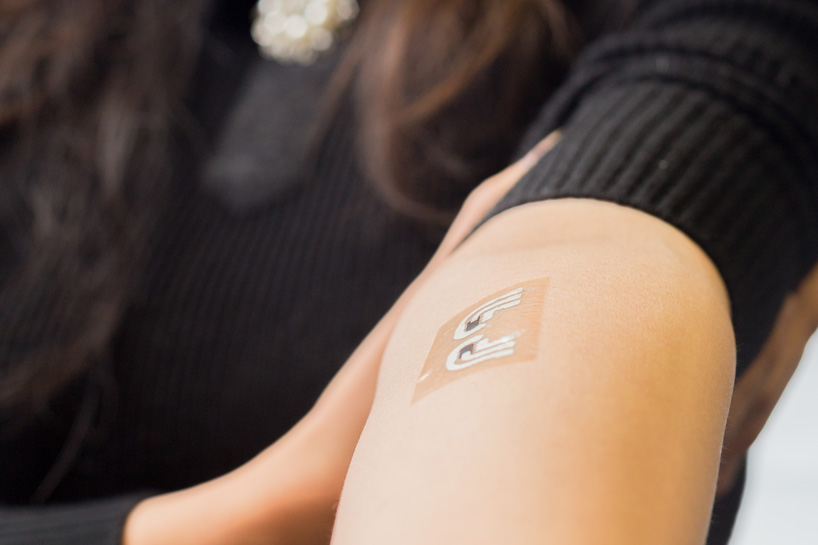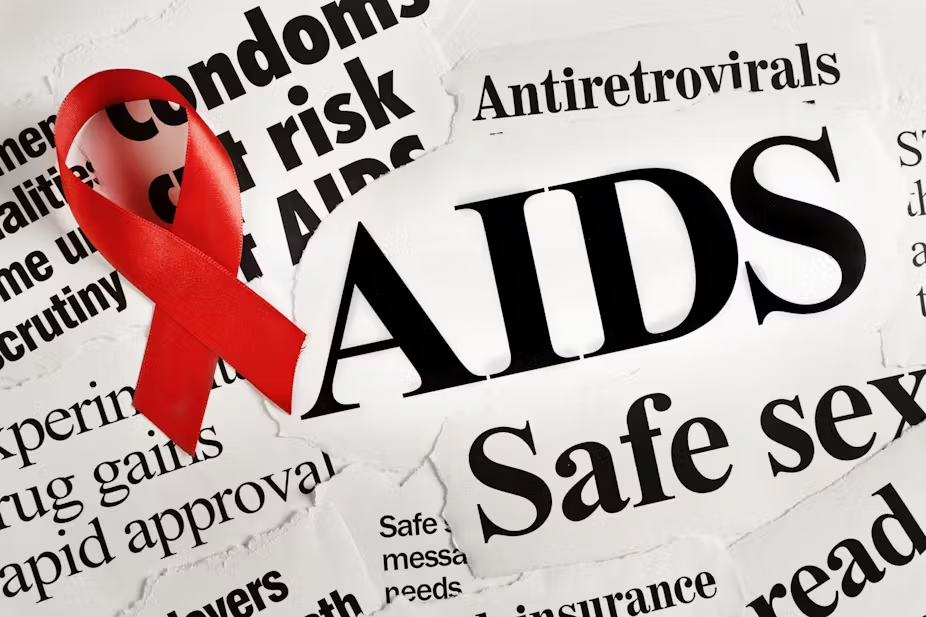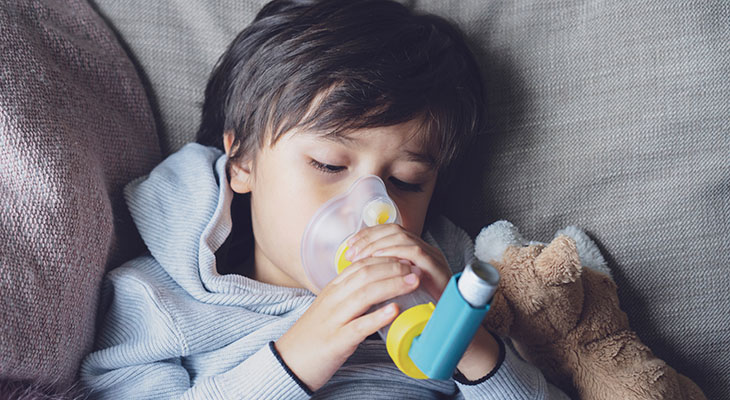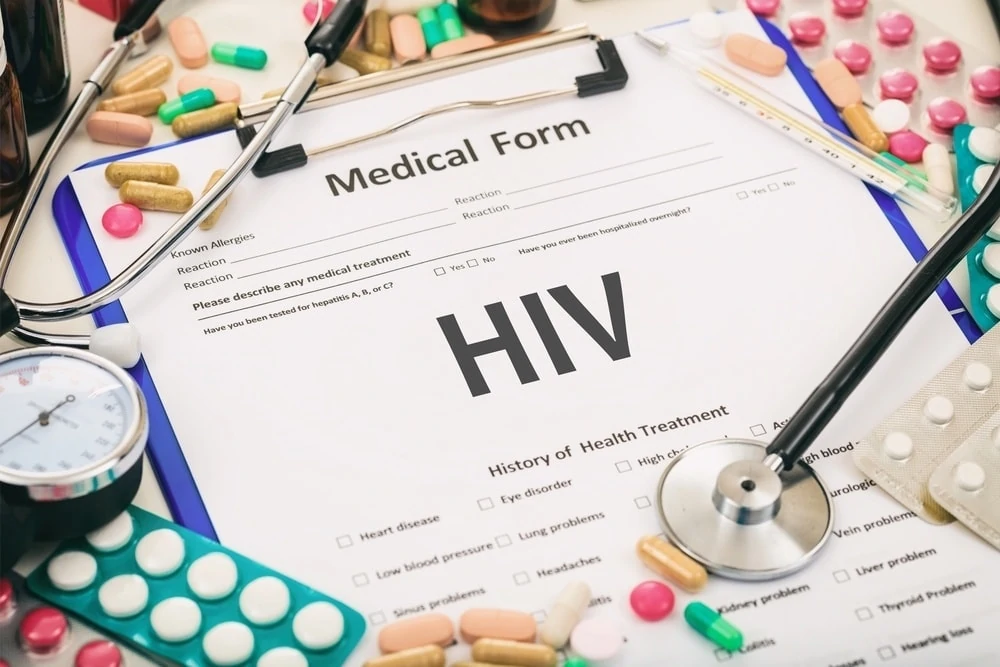
Breast cancer remains one of the most common forms of cancer affecting women worldwide, but early detection and advances in treatment options have improved outcomes significantly. With Breast Cancer Awareness Month upon us, it's important to educate ourselves about the symptoms, risk factors, and the available treatments. Whether you're concerned about your own health or seeking to support loved ones, understanding these key aspects can make a world of difference.
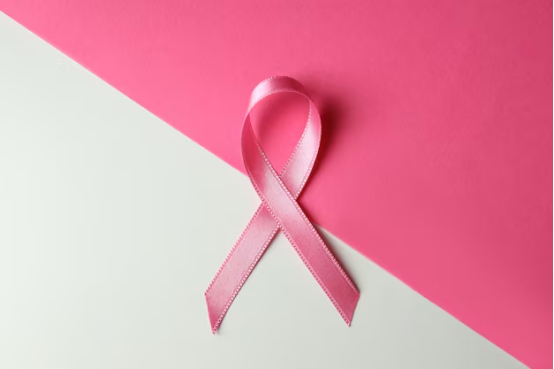
Key Symptoms to Watch Out For
Early detection of breast cancer greatly increases the chances of successful treatment. Here are the common symptoms to be aware of:
- Lumps in the breast or underarm:One of the most common signs, a new lump or thickening in the breast tissue or under the arm should not be ignored.
- Changes in breast size or shape:A noticeable change in the shape or size of your breast can be an indication of cancer.
- Pain or tenderness in the breast:While not always a symptom of cancer, unexplained pain or tenderness in the breast area should be checked.
- Skin changes:Redness, dimpling, or puckering of the skin on the breast may signal an underlying problem.
- Unexplained discharge:Any discharge from the nipple that is not related to breastfeeding should be evaluated, especially if it’s bloody or clear.
If you notice any of these symptoms, it’s important to consult with a healthcare professional as soon as possible.
Understanding the Risk Factors
While no one can predict exactly who will develop breast cancer, several risk factors increase the likelihood of its occurrence. Some of these factors are within your control, while others are not:
- Age:The risk of developing breast cancer increases with age, particularly after age 50.
- Family History:If your mother, sister, or daughter has had breast cancer, you may be at a higher risk.
- Genetics:Certain genetic mutations, such as BRCA1 and BRCA2, can significantly raise your risk.
- Hormone Exposure:Prolonged exposure to estrogen (for instance, starting menstruation early, having a late menopause, or using hormone replacement therapy) can increase risk.
- Lifestyle Factors:Being overweight, consuming alcohol, or lack of physical activity are linked to an increased risk of breast cancer.
While you can’t change some of these risk factors, living a healthy lifestyle can significantly lower your risk.
Treatment Options: What’s Available?
The treatment for breast cancer depends on various factors, including the type, size, and stage of the cancer, as well as the patient’s overall health. Fortunately, there have been significant advancements in breast cancer treatments, offering hope and better outcomes for many patients:
- Surgery:Removing the tumor or, in some cases, the entire breast (mastectomy) is a common option. Advances in surgical techniques now allow for less invasive procedures with quicker recovery times.
- Radiation Therapy:This treatment uses high-energy rays to target and destroy cancer cells. It is often used after surgery to kill any remaining cancer cells.
- Chemotherapy:This involves using powerful drugs to destroy cancer cells. Chemotherapy is typically recommended when the cancer has spread beyond the breast.
- Hormone Therapy:For cancers that are hormone receptor-positive, medications can block or lower hormone levels to prevent the cancer from growing.
- Targeted Therapy:This involves drugs that specifically target cancer cells without harming healthy cells. Targeted therapies have fewer side effects than chemotherapy.
- Immunotherapy:A newer treatment that boosts the body's immune system to fight cancer more effectively.
Each patient’s treatment plan is personalized, and with advancements in medical technology, the outlook for many women diagnosed with breast cancer is brighter than ever before.
The Importance of Early Screening
Regular screenings like mammograms and self-examinations are essential in catching breast cancer early, when treatment is most effective. Speak to your healthcare provider about when to start screening based on your risk factors.
Take Action Now
Don’t wait for symptoms to appear. Be proactive about your breast health, schedule regular screenings, and know the risk factors. Knowledge is power when it comes to cancer prevention and treatment, and awareness can save lives.
If you or a loved one is concerned about breast cancer, consult a healthcare professional for guidance. Early detection and treatment could be the key to a better outcome.
This article provides general information and is not a substitute for professional medical advice. Always seek the guidance of your doctor or other qualified health providers with any questions you may have regarding a medical condition.



